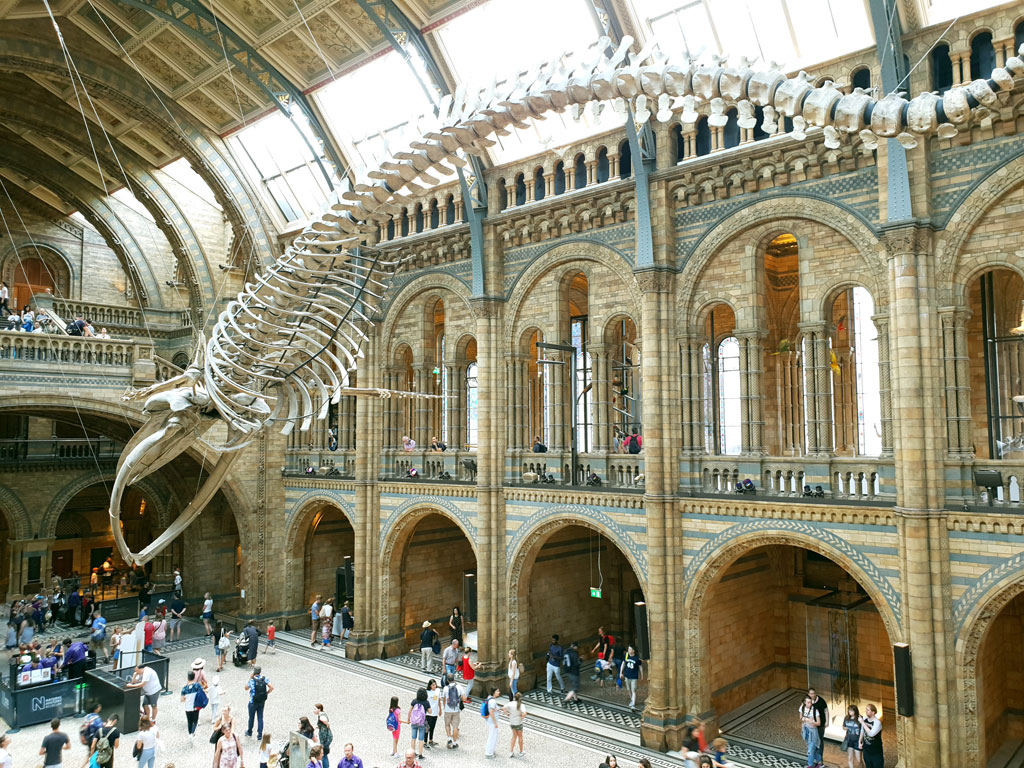Stamp: Turtle (Bermuda 2001)
Turtle (Bermuda 2001)
09 August (Bermuda ) within release Aquarium, Museum and Zoo, 75th Anniv. goes into circulation Stamp Turtle face value 95 Bermudian cent
| Stamp Turtle in catalogues | |
|---|---|
| Stamp Number: | Sn:BM 817 |
Stamp is square format.
Watermark 373Also in the issue Aquarium, Museum and Zoo, 75th Anniv.:
- Stamp - Child, sea urchins, starfish face value 35;
- Stamp - Child, museum display face value 50;
- Stamp - Child, tortoise face value 55;
- Stamp - Aquarium face value 70;
- Stamp - Diver in aquarium tank face value 80;
- Stamp - Turtle face value 95;
|
Data entry completed
50%
|
|
|---|---|
| Stamp Turtle in digits | |
| Country: | Bermuda |
| Date: | 2001-08-09 |
| Emission: | Commemorative |
| Format: | Stamp |
| Face Value: | 95 Bermudian cent |
Stamp Turtle it reflects the thematic directions:
Turtles are reptiles of the order Testudines, characterized by a special shell developed mainly from their ribs. Modern turtles are divided into two major groups, the Pleurodira (side necked turtles) and Cryptodira (hidden necked turtles), which differ in the way the head retracts. There are 360 living and recently extinct species of turtles, including land-dwelling tortoises and freshwater terrapins. They are found on most continents, some islands and, in the case of sea turtles, much of the ocean. Like other amniotes (reptiles, birds, and mammals) they breathe air and do not lay eggs underwater, although many species live in or around water.
A museum (/mjuːˈziːəm/ mew-ZEE-əm) is an institution dedicated to displaying and/or preserving culturally or scientifically significant objects. Many museums have exhibitions of these objects on public display, and some have private collections that are used by researchers and specialists. Compared to a library, a museum hosts a much wider range of objects and usually focus around a specific theme such as the arts, science, natural history, local history, and other topics. Public museums that host exhibitions and interactive demonstrations are often considered to be tourist attractions, and many museums attract large numbers of visitors from outside their host country, with the most visited museums in the world regularly attracting millions of visitors annually.
Animals are multicellular, eukaryotic organisms of the kingdom Animalia (also called Metazoa). All animals are motile, meaning they can move spontaneously and independently, at some point in their lives. Their body plan eventually becomes fixed as they develop, although some undergo a process of metamorphosis later on in their lives. All animals are heterotrophs: they must ingest other organisms or their products for sustenance.
An anniversary is the date on which an event took place or an institution was founded in a previous year, and may also refer to the commemoration or celebration of that event. For example, the first event is the initial occurrence or, if planned, the inaugural of the event. One year later would be the first anniversary of that event. The word was first used for Catholic feasts to commemorate saints. Most countries celebrate national anniversaries, typically called national days. These could be the date of independence of the nation or the adoption of a new constitution or form of government. The important dates in a sitting monarch's reign may also be commemorated, an event often referred to as a "Jubilee".




